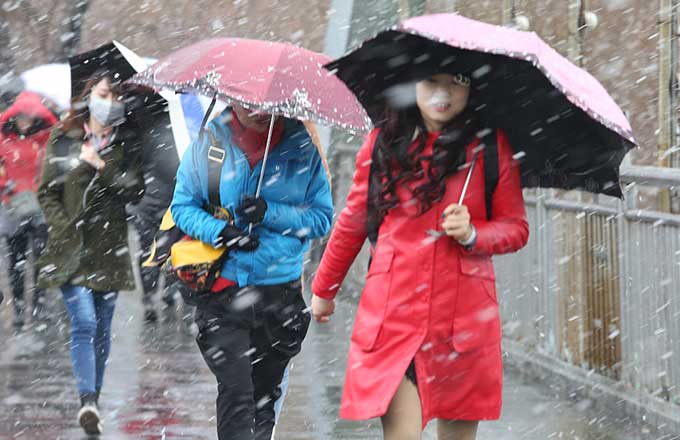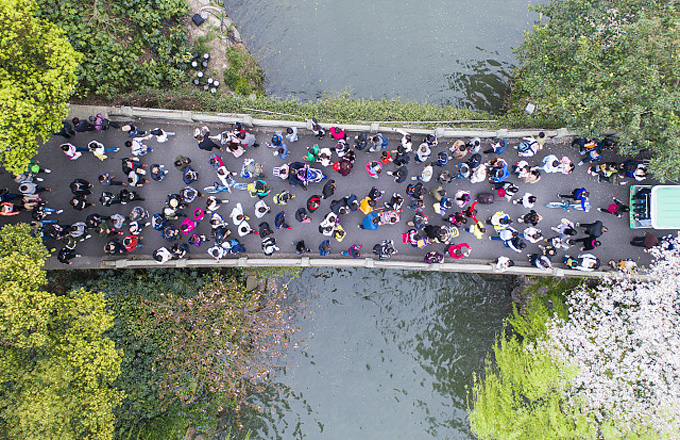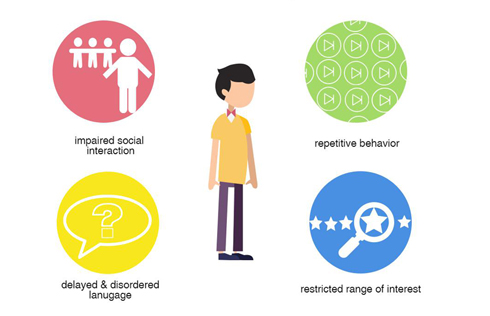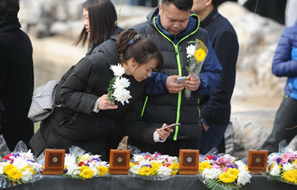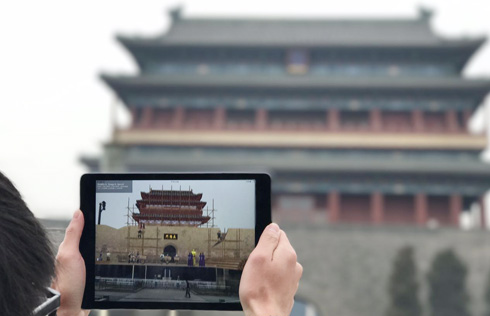Universities may relocate to suburbs
Moving some colleges out of central Beijing, either to the suburbs or other cities, is necessary to ease overcrowding, according to political advisers, but any new locations will first need to meet the demands of employees.
The capital's wealth of high-quality education resources has long attracted large numbers of people from across China, contributing to chronic congestion and putting a strain on public services.
To alleviate the problem, the city government last year released its five-year plan for education development, which aims to keep higher-education institutes "small" — geographically and in terms of enrollment — as well as relocate some university facilities for undergraduates from central areas.
Overcrowding and urban planning were major talking points at the annual session of the Beijing committee of the Chinese People's Political Consultative Conference, the nation's top advisory body, which concluded on Tuesday.
"It's almost imperative that some colleges and universities leave the city, but we expect it will be a long process," Yuan Jixi, a member of the committee and deputy director of Renmin University of China's School of Chinese Classics, told China Daily during a break in discussions.
In the process, he said, the government will need to solve a series of potential problems facing university employees, such as the quality of life, schools, public amenities and employment opportunities in the new locations. These employees need to be "willing and happy to move", Yuan added.
Beijing's education sector includes more than 90 higher-education institutes, the most among Chinese cities, and employs hundreds of thousands of people.
Yuan said China could learn from developed countries that not only have top colleges and universities in the capital, but also have a balanced distribution of quality higher-education resources nationwide.
Beijing City University, which has 23,000 undergraduates as well as 1,700 teachers and administrative employees, began to relocate its facilities from Haidian district to suburban Shunyi district in the second half of 2015.
About 5,000 students and almost 1,000 teachers and employees moved to the new campus that year, followed by the relocation of another 10,000 students in 2016. The university expects to bring all its undergraduates to the campus in Shunyi by next year.
The university, which specializes in subjects including environmental sciences, logistics and vehicle maintenance and repair, anticipates attracting 30,000 to 50,000 people in related industries to relocate with it to Shunyi.
Guan Ping, a geology professor at Peking University and Beijing CPPCC committee member, said the relocation plan would ease the overcrowding of downtown and allow colleges to potentially move to larger and more modern campuses.
"Which institutions should relocate and which should not will depend on individual development targets and the capital's development plan as a whole," he said.
For example, he added, authorities aim to make Beijing into a hub of culture, science and technology, which means institutions that focus on other fields might leave.
- Drilling expedition to answer questions deep in South China Sea
- Beijing court awards injured subway passenger compensation
- Former postal worker jailed for opening, hiding official letters
- Walk if you dare: Thrilling 'sky corridor' opens in Chongqing
- China to tighten securities trading rules for institutions






